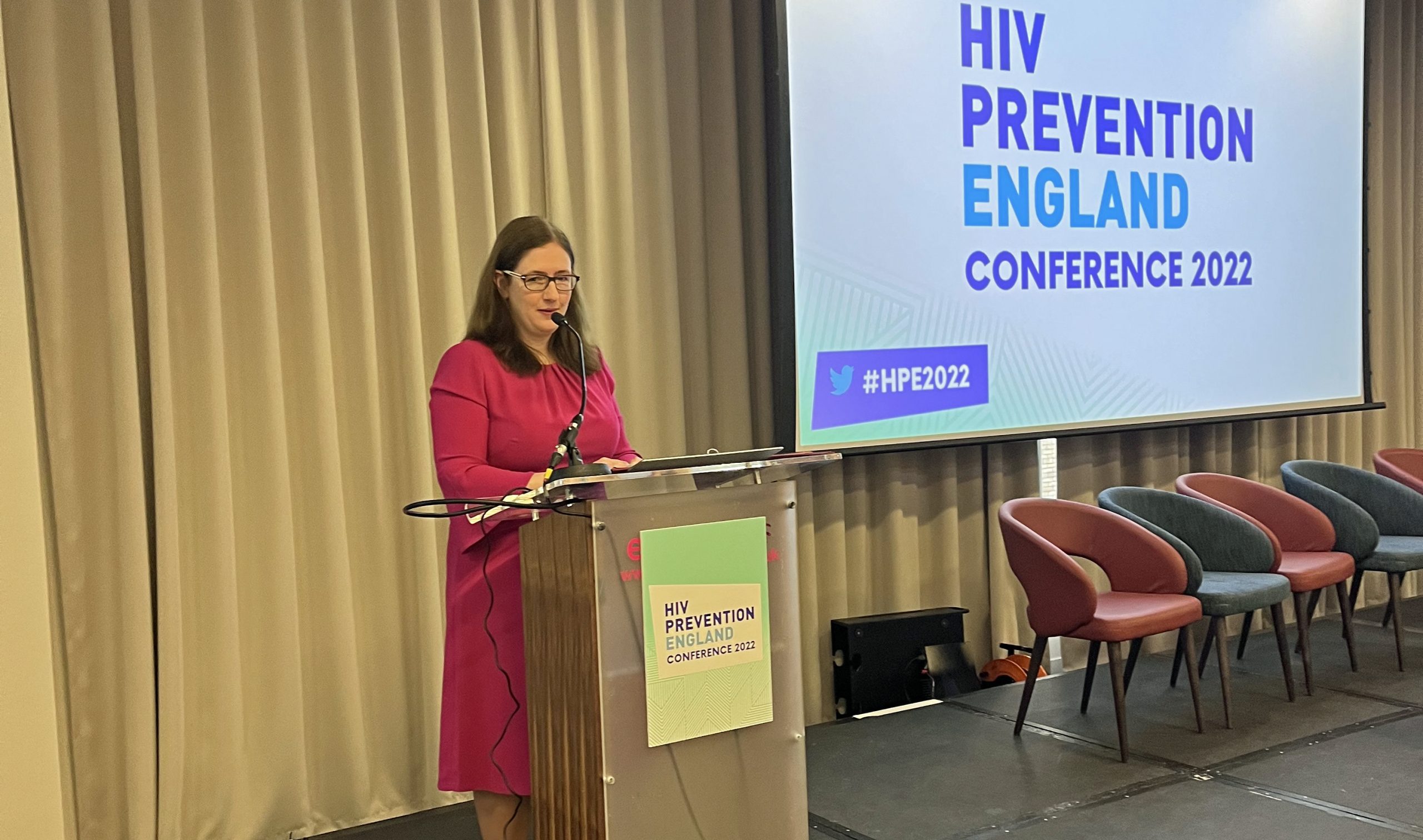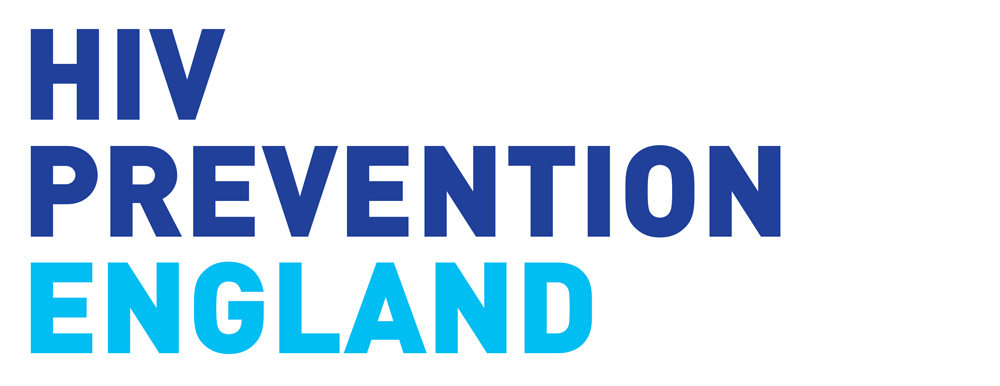 The new Minister for Public Health and Mental Health has made their first speech since being appointed earlier this month. This is the text of her speech, given at the at the HIV Prevention England Conference 2022.
The new Minister for Public Health and Mental Health has made their first speech since being appointed earlier this month. This is the text of her speech, given at the at the HIV Prevention England Conference 2022.
Good morning everyone. It’s an honour to join you for my first speech as a Government minister. And what an incredible place to do it.
I’m so grateful to Terrence Higgins Trust for bringing us all together, and of course, to the formidable Ian Green in what is his last conference as Chief Executive. Ian has been an incredible force for good, not just these past seven years at Terrence Higgins Trust, but as an inspiration to everyone living with HIV over three decades.
It’s also the first time this group has gathered since the death of the great Desmond Tutu, last December. The global HIV/AIDS response has lost a formidable champion. But today’s gathering – and the sheer breadth of experience in this room – brings to mind something he once said: ‘Do a little bit of good where you are. It’s those little bits of good put together that overwhelm the world’. And in the case of Ian – and so many of the other incredible people with us today – I think you’ve done more than just a little bit of good!
These are still some of my first days in this job as a Minister in the Department of Health and Social Care, and even with my medical background as a consultant paediatrician I recognise there are still a huge number of things for me to learn.
I think it was a former World Bank Chief who once said: ‘You can’t be involved in healthcare without being involved in the battle against HIV/AIDS’. And so it has proved.
Learning more about our work on HIV has been nothing short of inspiring. How we’ve come so far from the stigma and shame of the past to where we are today: A normal life expectancy for those who get an early diagnosis and the right treatment and a country on a path towards zero.
It’s an inspiring story in of itself. But it has also been a point of light in so many of the other challenges we face, from coronavirus to the recent threat of monkeypox.
We can be rightly proud of the work led by the UK Health Security Agency on our world-class HIV data collection and surveillance systems. These efforts remind me of another quote from Desmond Tutu, when he said: ‘We need to stop just pulling people out of the river. We need to go upstream and find out why they’re falling in’. Well, we’re far upstream now.
In 2018, London was the first global city to exceed UNAIDS fast-track 95-95-95 targets, and we met them across the UK for the first time in 2020. So many people have played an important part in that journey. Patients themselves, campaigners, medics and healthcare colleagues, researchers and many more, including so many of you here gathered here, ‘putting those little bits of good together’ to take us to where we are today.
And let me say this: this is a Government determined to keep playing its part. For the Government I serve in, and the department I work in, HIV prevention – and ending its transmission by 2030 – will continue to be a vital mission. And it’s easy to forget just how bold a mission that is.
But it’s worth reminding each other that if we can reach zero new HIV transmissions by 2030, we’d be the first nation on earth to do so. It’s an epic undertaking, but one I believe our HIV Action Plan sets us on a clear course to meet.
I’m already encouraged by the steps we’re already taking:
- Scaling-up testing in high-risk populations where we know the risks are higher, such as in Black African communities.
- Our National HIV testing week – which is an annual flagship event.
- Devising innovative new ways to expand access to PrEP.
These are bold steps for a bold mission, and to drive progress towards our goal to achieve zero new HIV infections, and AIDS and HIV-related deaths in England by 2030, it is essential that we maintain our focus on combination prevention and testing levels.
NHS England has expanded opt-out HIV testing in emergency departments in the highest HIV prevalence local authority areas, a proven effective way to identify new cases, and are investing £20 million over three years to support this activity. The early findings show the benefits of this approach.
I know Professor Fenton is excited about talking to you more about this shortly, but over just 100 days of opt-out HIV testing across London, Manchester, Salford, Blackpool and Brighton, 102 people have been newly diagnosed with HIV, and a further 60 who were lost to care.
And thanks to strong partnerships with the Eliminating Hepatitis C programme an increasing number of Emergency Departments are implementing a Blood borne virus approach to testing, wider than HIV, and 328 people have been newly diagnosed with hepatitis B and 137 people with hepatitis C. These are incredibly promising early results.
And we’ll keep being bold abroad too. We will continue to show the UK’s global leadership on HIV. We were proud to be the second largest donor at the last replenishment and will continue to support the Global Fund and are a key funder of the Robert Carr fund, supporting grassroots organisations to combat HIV stigma, and improving access to testing and treatment the world over. Because we know – whether at home or internationally – it takes a village.*
And looking at the faces before me today, the passion and experience on show, I feel assured that with a village like this, our endeavour will really succeed. For those of us in Government, we’re proud to call you partners.
So I wish you every success with today’s important programme. It’s a great opportunity to learn from one another and another chance to keep putting ‘those little bits of good together’ so we can move forward on our shared path towards zero.
Thank you.
Dr Caroline Johnson MP is the Minister for Public Health and Mental Health.
* Text corrected 7 October 2022
